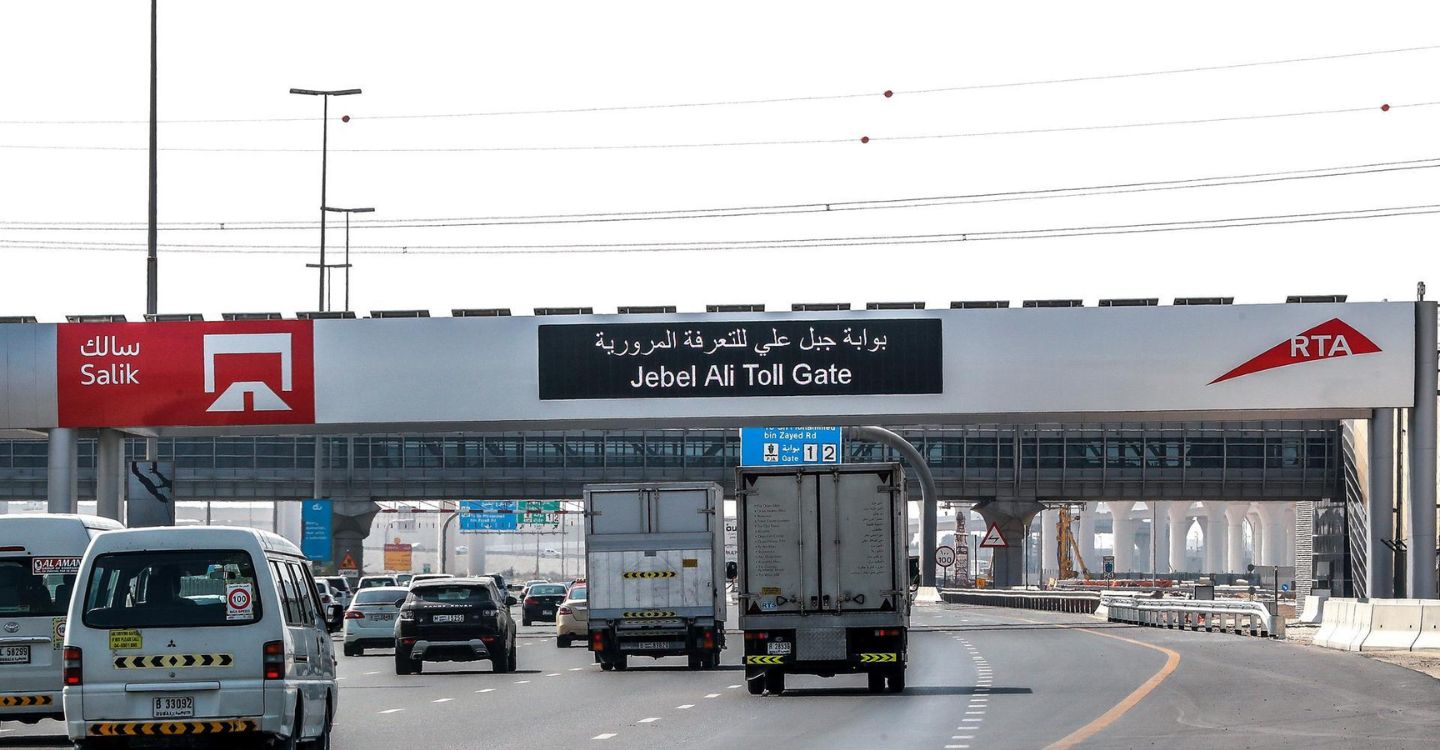Dubai's real estate market is a vibrant, ever-evolving landscape, where the balance between growth and regulation is key to maintaining stability. Having closely observed the intricacies of this market, I can see how Dubai continues to attract both residents and investors, drawn by its rapid development and economic opportunities. However, in a city where the rental market is influenced by various factors such as economic trends, population growth, and ongoing development projects, regulating rent increases becomes a vital aspect of ensuring fairness and transparency.
In this article, I want to take you through an in-depth exploration of Dubai's Rent Increase Law, a critical framework that plays a significant role in the emirate's rental landscape. I'll delve into its key aspects, the rights and responsibilities it confers on both tenants and landlords, and how it impacts the overall rental market in Dubai.
The Role of RERA and the Legal Framework
The Real Estate Regulatory Agency (RERA), a division of the Dubai Land Department (DLD), is the authoritative body responsible for overseeing and regulating the real estate sector in Dubai. From my experience, I can tell that RERA's role is fundamental to ensuring a stable, transparent, and well-regulated market that protects the interests of all stakeholders. The Rent Increase Law, governed by RERA, is an essential part of this regulatory framework. It ensures that rent adjustments are carried out in a fair and systematic manner, which is crucial for both tenants and landlords.
RERA Rental Index: The Benchmark for Rent Adjustments
One of the most significant aspects of Dubai's Rent Increase Law is the RERA Rental Index. This tool serves as a benchmark for average rental rates across different areas and property types within the city. The Rental Index is updated regularly to reflect current market conditions and provides a critical reference point for determining whether a rent increase is permissible.
The Rental Index categorizes properties based on their location, size, and type—whether apartments, villas, or commercial spaces—and offers a range of expected rental values. This system ensures that any proposed rent increase aligns with prevailing market rates, preventing arbitrary or excessive hikes. For landlords, this index offers guidance on what they can reasonably expect to charge, while for tenants, it provides a transparent view of the market, helping them understand whether a proposed rent increase is justified.
Legal Parameters for Rent Increases
Dubai's Rent Increase Law sets out clear parameters for when and how rent increases can be implemented. From my perspective, these parameters are designed to create a balanced environment where neither party is unfairly disadvantaged. According to RERA regulations, landlords are not allowed to increase rent during the lease period unless it is explicitly stated in the lease agreement. If a landlord intends to raise the rent after the lease term ends, they must adhere to specific guidelines and timelines.
Notice Period Requirements
One of the critical elements of the Rent Increase Law is the requirement for landlords to provide tenants with advance notice of any intended rent increase. The law mandates that landlords must inform tenants of the proposed increase at least 90 days before the lease expires. This notice must be delivered in writing, giving tenants sufficient time to consider the new terms, negotiate if necessary, or make alternative arrangements if they do not wish to accept the increase. Failure to provide this notice within the specified timeframe means the landlord cannot implement the rent increase for that lease term, offering tenants protection against unexpected financial burdens.
Rent Increase Caps Based on Market Value
The law also stipulates a tiered system for rent increases, which is based on the current rent compared to the average market rate, as determined by the RERA Rental Index. The permissible increase is calculated as follows:
• If the current rent is less than 10% below the average market rate: No increase is allowed.
• If the current rent is 11-20% below the market rate: A maximum increase of 5% is allowed.
• If the current rent is 21-30% below the market rate: A maximum increase of 10% is allowed.
• If the current rent is 31-40% below the market rate: A maximum increase of 15% is allowed.
• If the current rent is more than 40% below the market rate: A maximum increase of 20% is allowed.
This tiered approach ensures that rent increases are proportionate and reasonable, preventing landlords from imposing excessively high increases, especially when the current rent is already close to the market average.
Rights and Responsibilities of Tenants and Landlords
Understanding the Rent Increase Law is essential for both tenants and landlords. For tenants, the law provides a layer of protection against unjustified rent hikes, ensuring that any increases are based on transparent and standardized criteria. Tenants have the right to contest an increase if they believe it does not comply with the RERA guidelines or if proper notice was not given. In such cases, tenants can file a complaint with RERA or seek resolution through the Rental Disputes Settlement Centre.
For landlords, the Rent Increase Law provides a clear framework for adjusting rents in a way that aligns with market conditions while respecting tenants' rights. It allows landlords to maintain the value of their rental properties over time, ensuring that rents reflect the property's worth in the context of the broader market. However, landlords must also comply with the notice period requirements and adhere to the permissible increase limits set by RERA.
Impact on the Rental Market
The Rent Increase Law plays a crucial role in maintaining the stability and predictability of Dubai's rental market. By regulating rent increases, the law helps prevent sudden spikes in rental costs, which could lead to market volatility or make housing unaffordable for residents. It also contributes to investor confidence by ensuring that the rental market operates within a well-defined legal framework, reducing the risk of disputes and fostering a more harmonious relationship between tenants and landlords.
Moreover, the law’s emphasis on aligning rent increases with market values ensures that rental prices remain competitive, attracting a diverse range of tenants, from expatriates and professionals to families and long-term residents. This balance is vital for sustaining Dubai’s reputation as a leading global city with a high quality of life.
Navigating Rent Increases: Practical Tips
For tenants and landlords navigating rent increases in Dubai, understanding the Rent Increase Law is the first step. Tenants should familiarize themselves with the RERA Rental Index to assess whether a proposed increase is justified. If an increase is proposed, tenants can request a copy of the rental index report from the landlord or consult the RERA website to verify the information.
Landlords, on the other hand, should ensure that they are fully compliant with the law by adhering to the notice period and calculating rent increases based on the RERA guidelines. It is also advisable for landlords to maintain open and transparent communication with tenants to facilitate a smooth negotiation process.
Conclusion
Dubai’s Rent Increase Law is a cornerstone of the emirate’s real estate market, providing a structured approach to rent adjustments that benefits both tenants and landlords. By understanding the intricacies of this law, all parties involved in the rental process can make informed decisions that align with their rights and obligations. Whether you are a tenant seeking to protect yourself from unexpected rent hikes or a landlord aiming to adjust rents in a fair and legal manner, knowledge of Dubai’s Rent Increase Law is essential for navigating the city's dynamic rental market with confidence.









































































































































































































